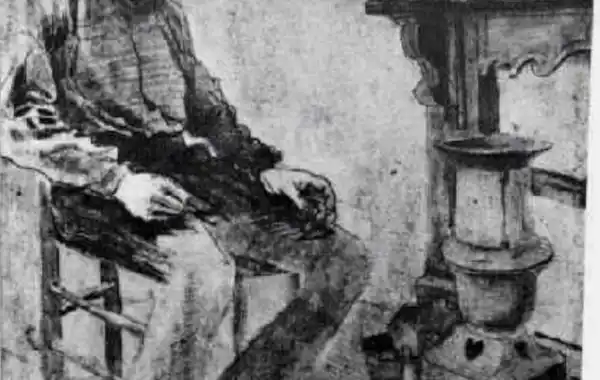14 December 2017
|
The National Archives and the University of Leicester have been awarded a grant of £820,000 by the Arts and Humanities Research Council to undertake a three year research project examining poverty across England and Wales in Victorian times.
The National Archives and the University of Leicester have been awarded a grant of £820,000 by the Arts and Humanities Research Council to undertake a three year research project examining poverty across England and Wales in Victorian times.
The project, In Their Own Write: Contesting the New Poor law 1834-1900 will begin in early 2018 and will focus on the lived experiences of paupers and other poor people by sampling The National Archive’s collection of pauper letters which were bound into the collection of poor law union correspondence in records series MH 12.
Join the Family Tree community
Follow us on facebook
Follow us on twitter
Sign up for our free e-newsletter
Discover Family Tree magazine
Professor Steven King, Professor of Economic and Social History from the University of Leicester’s School of History, Politics and International Relations, and the principal investigator for the project, said: “Our analysis of pauper letters will be driven by key questions centring on the degree to which paupers were agents in their own history and how they sought to negotiate welfare in a system to which they have previously been thought subject.”
Pauper correspondence
Dr Paul Carter, The National Archives Principle Records Specialist and co-investigator for the project said: “The hugely exciting aspect of this work is that the voice and experience of the pauper is put at the heart of the project. Nineteenth century paupers were not silent and the thousands of letters they wrote to the central poor law authorities are testament to this.”
The pauper archive collection is very detailed and provides the opportunity to examine past welfare from the standpoint of those who were on the receiving end of it. The project will address questions such as how did the poor view the welfare they were offered and how effective their complaints were.








.jpg)
